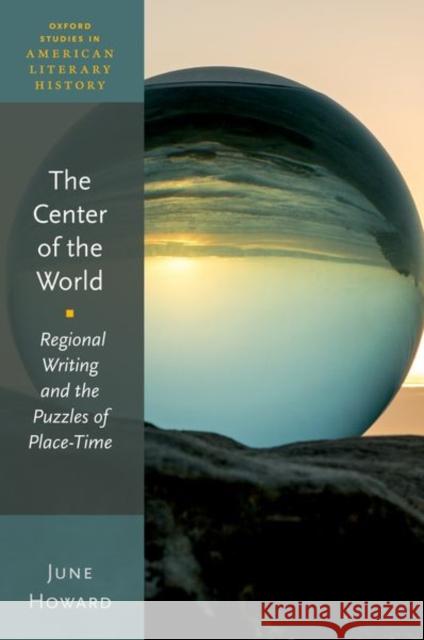The Center of the World: Regional Writing and the Puzzles of Place-Time » książka
topmenu
The Center of the World: Regional Writing and the Puzzles of Place-Time
ISBN-13: 9780192871695 / Angielski / Miękka / 2023 / 288 str.
The Center of the World: Regional Writing and the Puzzles of Place-Time
ISBN-13: 9780192871695 / Angielski / Miękka / 2023 / 288 str.
cena 124,09
(netto: 118,18 VAT: 5%)
Najniższa cena z 30 dni: 111,24
(netto: 118,18 VAT: 5%)
Najniższa cena z 30 dni: 111,24
Termin realizacji zamówienia:
ok. 30 dni roboczych.
ok. 30 dni roboczych.
Darmowa dostawa!
Kategorie:
Kategorie BISAC:
Wydawca:
Oxford University Press
Seria wydawnicza:
Język:
Angielski
ISBN-13:
9780192871695
Rok wydania:
2023
Ilość stron:
288
Wymiary:
23.4 x 15.6
Oprawa:
Miękka
Dodatkowe informacje:
Bibliografia
Wydanie ilustrowane
Wydanie ilustrowane











